What is the Encyclical ‘Fratelli Tutti’ About?
Analysis of Pope Francis’ Letter
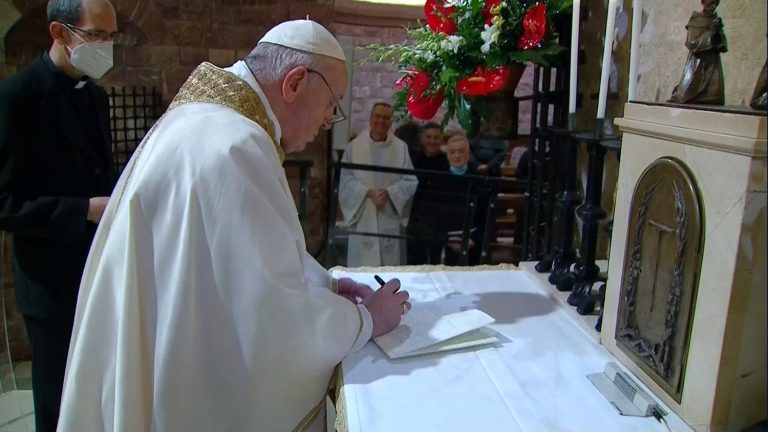
Doctor Maria Elizabeth de los Rios, Professor and Researcher of the Bioethics Faculty of Mexico’s University of Anahuac, offers Exaudi’s readers her article “What is the Encyclical ‘Fratelli Tutti’ About?” — Pope Francis’ Encyclical Letter on Fraternity and Social Friendship, which he wrote on October 3, 2020.
* * *
The Holy Father’s new Encyclical, signed in Assisi last October 3, is a call to our mutual recognition as sons and daughters of God and, consequently, an urgent call to fraternity and social friendship as means to reconstruct a wounded world.
The Pope gives us in seven chapters the keys to recover what is most human, which is based on our unalterable human dignity: our sociability and desire to seek what is common.
In the first chapter, entitled “Shadows of a Closed World,” he addresses the dangers or shadows of a closed world, and gives us a diagnosis of the consequences of living, paradoxically, connected through screens and isolated from one another. A world based on egoism and self-reference, which produces and reproduces threats of the past and absurd political polarization.
In the second chapter, “A Stranger on the Road,” the Pope takes up the parable of the Good Samaritan, to reflect further on the meaning of one’s neighbor under the figure of the fallen and abandoned man on the roadside, to invite us not so much to recognize him as our neighbor but to make us neighbors of all. The invitation consists in curing the wounds of those around us, without regard to where they come from or their ideological affinity with our own; however, this is only possible when we acknowledge the intrinsic dignity of every person.
In the third chapter, the Supreme Pontiff invites us to “think and gestate an open world,” which is based on the fact we are made for love, a love that goes beyond our logic, a love without borders, which finds a place in a social friendship that transcends differences and political projects, to be centered again on the common dignity of all people. The challenge of this open world is to dream and think of a better humanity.
In the fourth chapter, “A Heart Open to the Whole World,” he exhorts us to have a heart especially for the migratory conflict, the humanitarian crisis of those that have to leave their places of origin and are faced with the difficult process of acceptance and hospitality in other countries. This open heart must foster processes of hospitality, promotion, protection, and integration of refugee migrants in the courageous act of gratitude.
In the fifth chapter, “Dialogue and Social Friendship,” he invites us to understand politics as social friendship, a healthy exercise of public power illumined by a charity capable of including all and of taking decisions that can attempt against the standards of efficiency but which allow for more solid bonds of fraternity among all.
The healthy politics proposed by the Pope consists in promoting the good of all and facilitating the development of all spheres of social and community life, generating sources of employment, propitiating opportunities of growth, watching over equal and equitable access to all services.
In the sixth chapter, “Dialogue and Social Friendship,” he speaks of the importance of dialogue as a tool of encounter and respect. Only by being able to listen to the truth of another and to respect his beliefs can we discover truths that are timeless and evident truths for all in any circumstance. Hence, he invites us to move from false tolerance to dialoguing realism.
In the seventh chapter, “Ways of Encounter,” peace appears on the horizon as yearning and hope, accompanied by truth and justice and, assimilating that forgiveness and reconciliation are desirable but not obliged, Francis launches the invitation to be peacemakers, fostering places of encounter, forgiveness, and reconciliation.
Finally, in the eighth chapter, “Religions at the Service of Fraternity,” the Pope calls for inter-religious dialogue and reminds religions’ common mission that must be peace and fraternity, uprooting violence and religious terrorism.
In sum, the new Encyclical forged before the pandemic, but thought out in the latter’s context, is an invitation to have an open heart that is capable of harboring fraternity and social friendship as vehicles to reconfigure a new world and more human and just social and political structures where no one is excluded.
Related
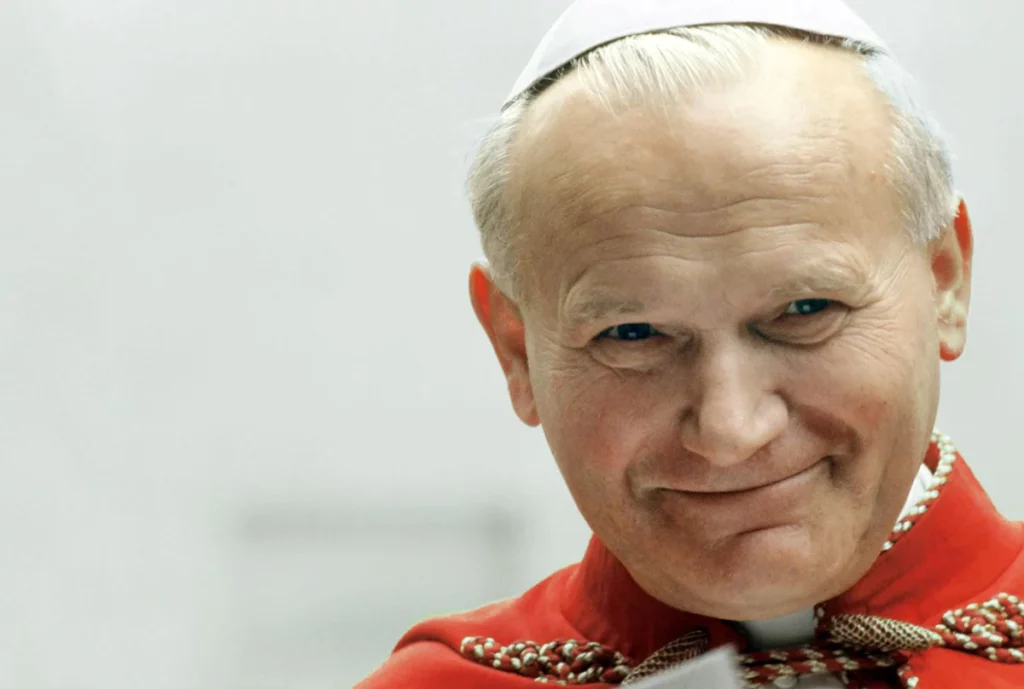
The Saint of Life and Joy
Exaudi Staff
03 April, 2025
4 min
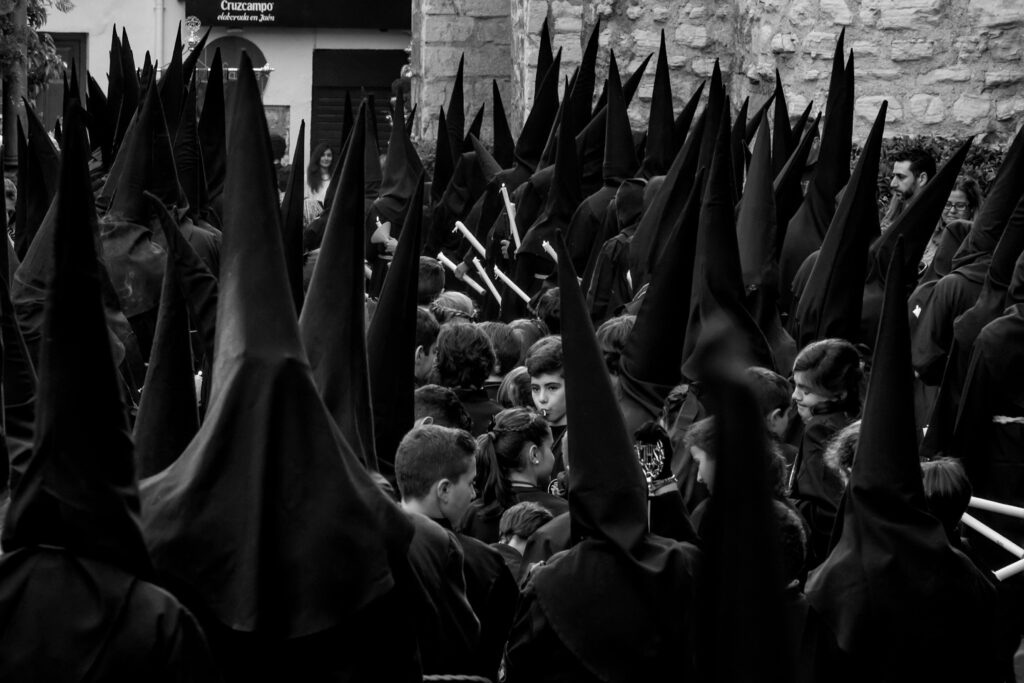
A path of contemplation and encounter with the Redemptive Mystery
Exaudi Staff
03 April, 2025
3 min
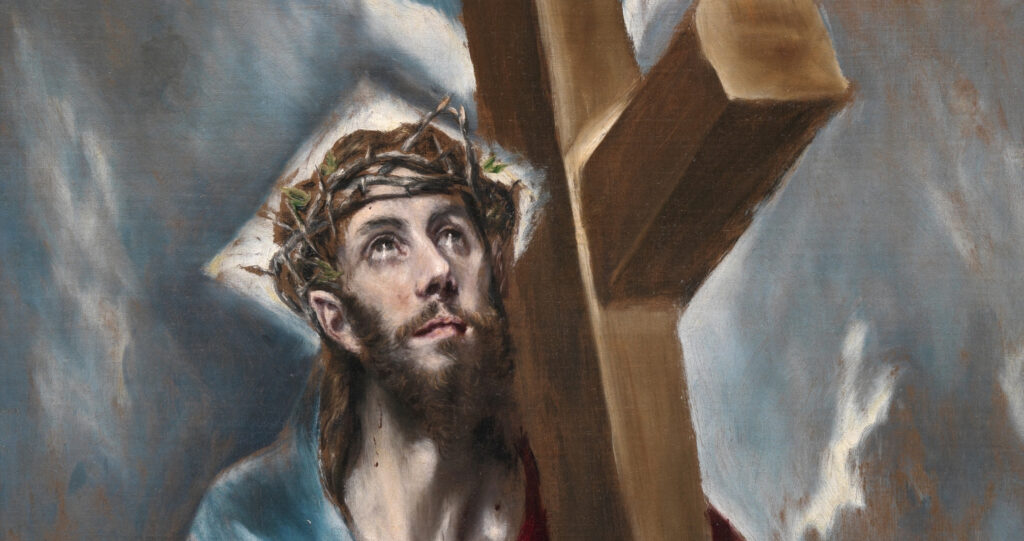
An Encounter Between Art and Spirituality
Exaudi Staff
03 April, 2025
4 min
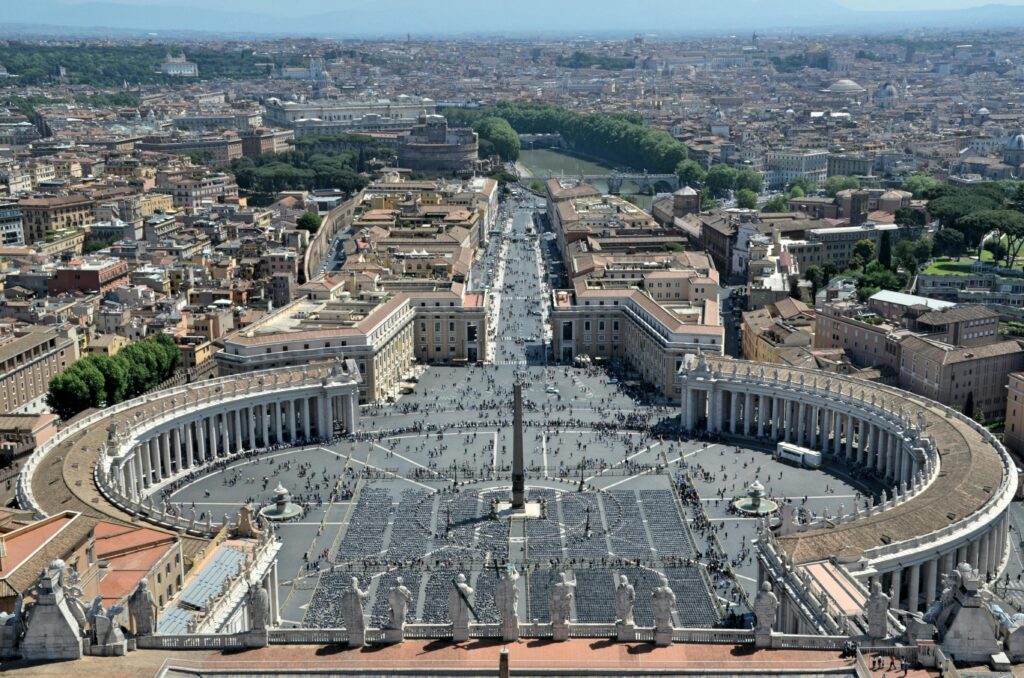
Holy Week 2025 at the Vatican: Calendar. Faith, Tradition, and a Long-Awaited Canonization
Exaudi Staff
02 April, 2025
1 min
 (EN)
(EN)
 (ES)
(ES)
 (IT)
(IT)

